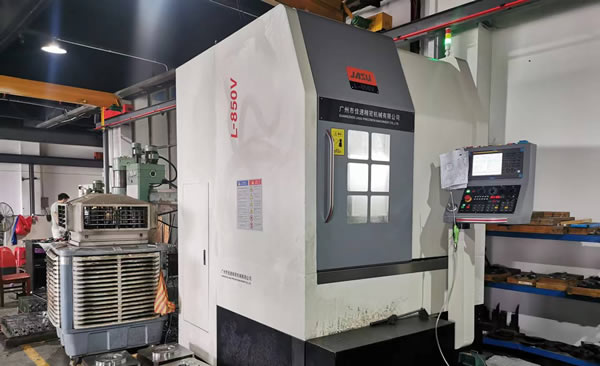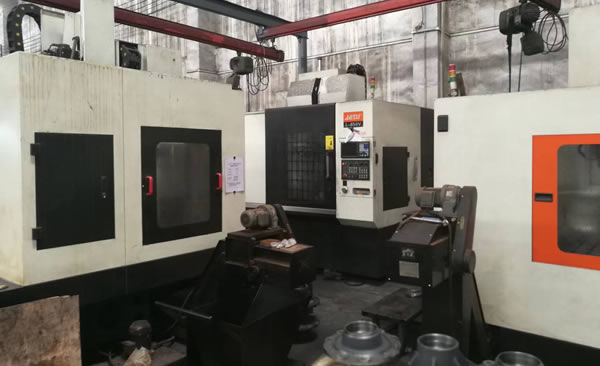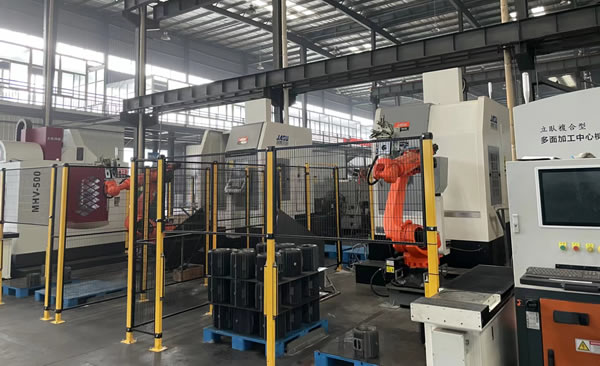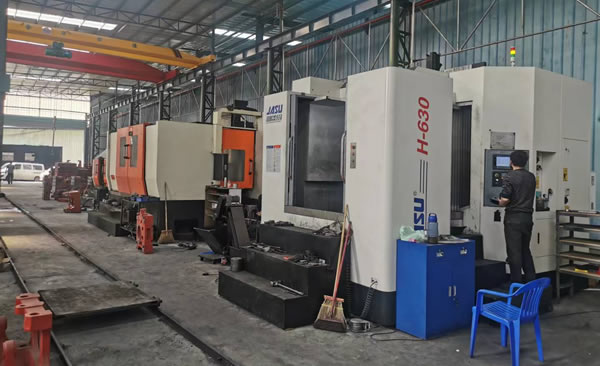The application of industrial robots is getting more and more attention. Under the pressure of increasing factory labor costs, industrial robots may become the mainstream in the future. The expansion of automatic chemical plants has stimulated the market demand for industrial robots.
Qu Daokui, deputy director of the National Engineering Research Center for Robotics, said on the "2014 Pujiang Innovation Forum" on the 26th that with the gradual disappearance of the demographic dividend, China has become the world's largest industrial robot market in 2013. At present, there are more than 30 robot factories under construction in China, and the next 10 years will be a golden period for the development of domestic robots.
Qu Daokui said that the world is now facing an era of technological change. Robots are an important part of both the U.S. manufacturing revival plan and the EU's Industry 4.0 strategy. In the future, the digital production mode of robot Internet will greatly change the manufacturing industry.
Before 2008, there was basically no robot industry in China. With the disappearance of demographic dividend and the spread of labor shortage, China became the world's largest industrial robot market in 2013. In the past 10 years, the robot cost has decreased by 5% every year, and the labor cost has increased by 10% every year. The price comparison advantage of the former has become increasingly prominent.
Although the total amount is large, the density of robots in China is very low. Statistics show that the number of robots owned by 10000 workers is 23 in China and 58 in the global average. "In China, more than 99% of the work is still done by manpower. In the future, one percentage point of robot replacement will be a huge market." Qu Daokui said.
In China's robot market, foreign enterprises such as ABB of Switzerland and Kuka of Germany dominate, accounting for more than 70% of sales, while domestic robots only account for a quarter of the market. In addition, the three core parts of domestic robots have also been purchased from foreign countries for a long time.
Qu Daokui introduced that as of September this year, there were about 420 domestic robot enterprises, and more than 30 robot factories were under construction in various provinces and cities. In the capital market, there are more than 40 listed companies with robot concept, and some leading enterprises, such as Shenyang Xinsong Robot Company, made a net profit of 130 million yuan in the first half of this year, up nearly 33% year on year.
Qu Daokui said that from the practice of Germany, South Korea and other countries, the increase of robot ownership did not directly lead to the increase of unemployment rate. It is an inevitable trend that low-level jobs are replaced by robots. Robots will promote the transformation and upgrading of employment in China. The challenge for enterprises in the future lies in how to strengthen the recruitment and training of robot professionals, and change the production process and management mode. (Original title: More than 30 domestic robot markets under construction in China will usher in a golden development period)
The application of industrial robots is getting more and more attention. Under the pressure of increasing factory labor costs, industrial robots may become the mainstream in the future. Under such market demand, China's domestic robot production technology must closely follow and seize the market opportunity. This time, more than 30 robot factories are under construction in China, which is a good indication of China's efforts in developing the domestic robot industry.
Related Articles
Related Products

...
Product Details

...
Product Details

...
Product Details

...
Product Details